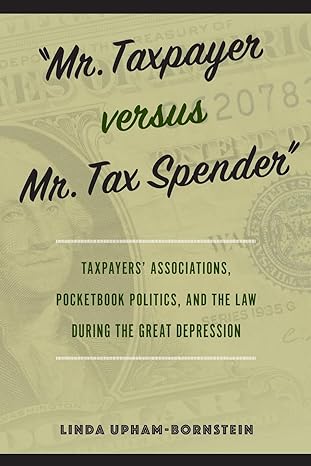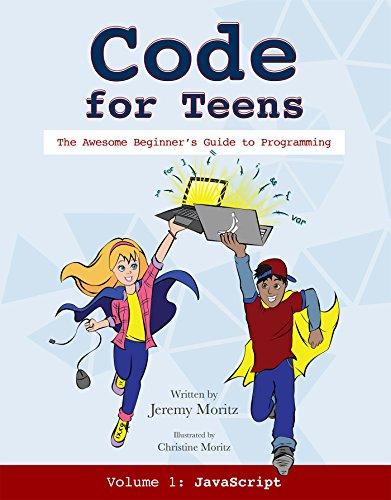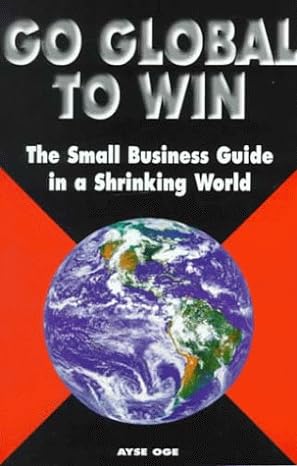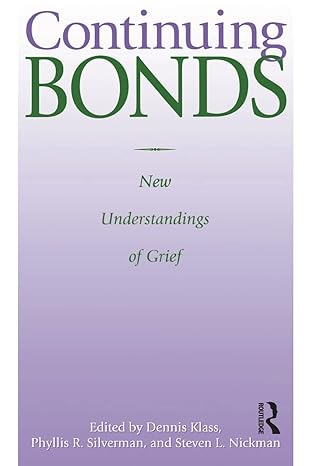Go back


Mr Taxpayer Versus Mr Tax Spender Taxpayers Associations Pocketbook Politics And The Law During The Great Depression(1st Edition)
Authors:
Linda Upham-Bornstein

Cover Type:Hardcover
Condition:Used
In Stock
Include with your book
Free shipping: April 03, 2024Popular items with books
Access to 3 Million+ solutions
Free ✝
Ask 10 Questions from expert
200,000+ Expert answers
✝ 7 days-trial
Total Price:
$0
List Price: $32.95
Savings: $32.95(100%)
Book details
ISBN: 1439923744, 978-1439923740
Book publisher: Temple University Press
Get your hands on the best-selling book Mr Taxpayer Versus Mr Tax Spender Taxpayers Associations Pocketbook Politics And The Law During The Great Depression 1st Edition for free. Feed your curiosity and let your imagination soar with the best stories coming out to you without hefty price tags. Browse SolutionInn to discover a treasure trove of fiction and non-fiction books where every page leads the reader to an undiscovered world. Start your literary adventure right away and also enjoy free shipping of these complimentary books to your door.
Mr Taxpayer Versus Mr Tax Spender Taxpayers Associations Pocketbook Politics And The Law During The Great Depression 1st Edition Summary: During the Great Depression, the proliferation of local taxpayers’ associations was dramatic and unprecedented. The justly concerned members of these organizations examined the operations of state, city, and county governments, then pressed local officials for operational and fiscal reforms. These associations aimed to reduce the cost of state and local governments to make operations more efficient and less expensive. “Mr. Taxpayer versus Mr. Tax Spender” presents a comprehensive overview of these grassroots taxpayers’ leagues beginning in the 1860s and shows how they evolved during their heyday in the 1930s. Linda Upham-Bornstein chronicles the ways these taxpayers associations organized as well as the tools they used—constructive economy, political efforts, tax strikes, and tax revolt through litigation—to achieve their objectives. Taxpayer activity was a direct consequence of—and a response to—the economic crisis of the Great Depression and the expansion of the size and scope of government. “Mr. Taxpayer versus Mr. Tax Spender” connects collective tax resistance in the 1930s to the populist tradition in American politics and to other broad impulses in American political and legal history.
Customers also bought these books
Frequently Bought Together
Top Reviews for Books
Ammr makki
( 4 )
"Delivery was considerably fast, and the book I received was in a good condition."










